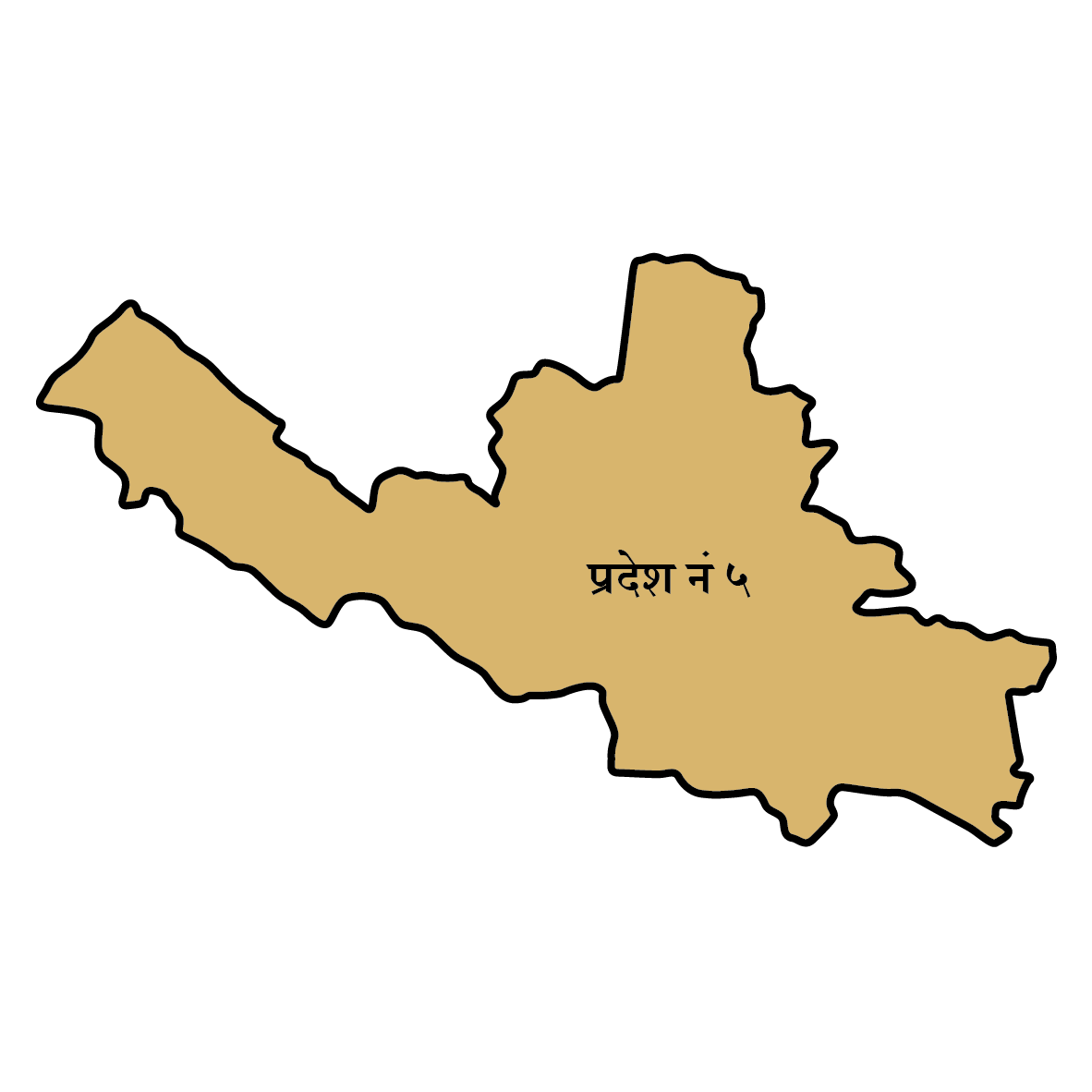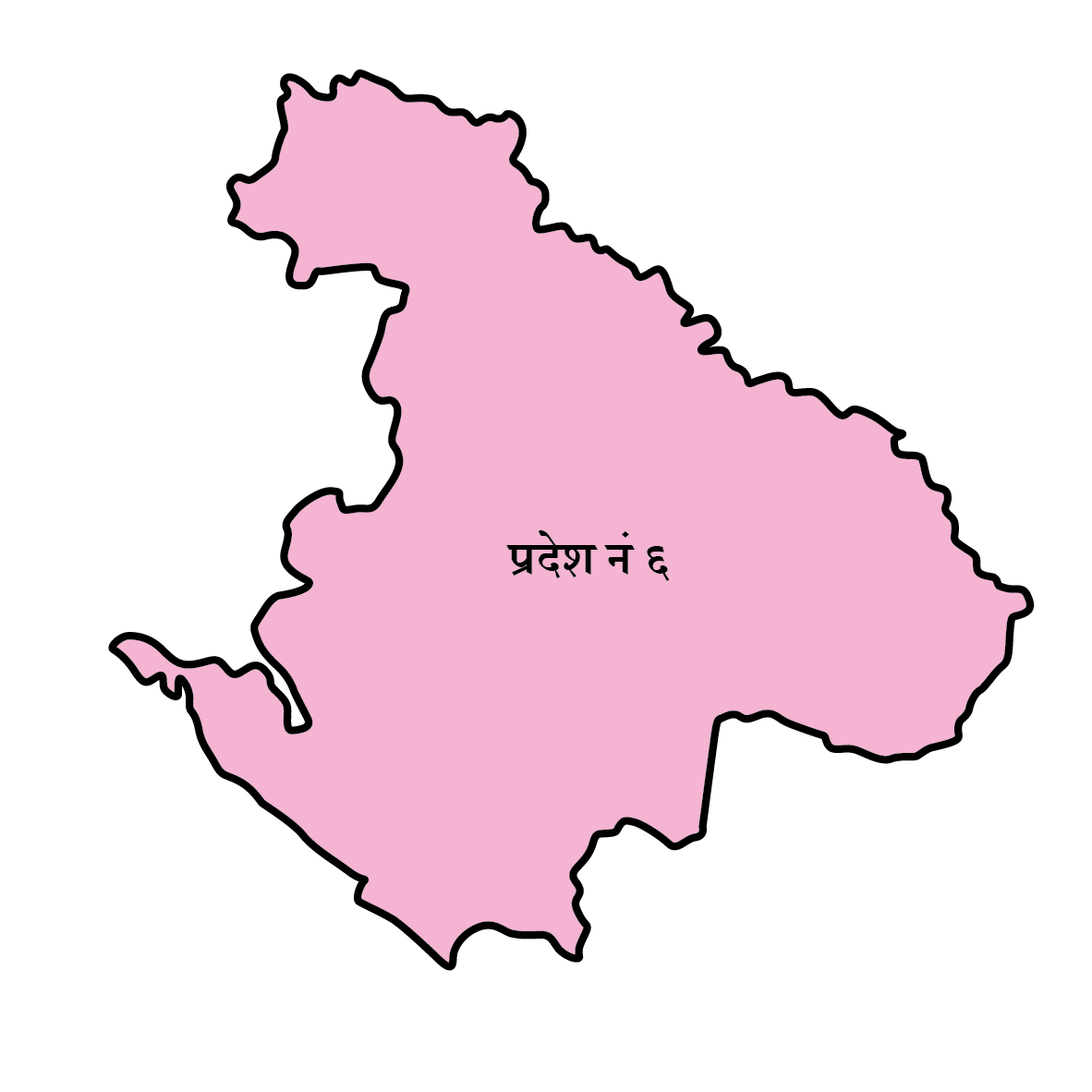Bureaucracy is an administrative machinery of the government. It is a strong and powerful weapon to drive the government affairs. It is such instrument which can help realize the government’s dream into reality. It helps to translate government’s vision into mission and ultimately achieving the ambitious dream of happy people and prosperous country. It is, therefore, the success or failure of any government largely depends on the well-functioning of this mechanism.
People also understand it as an extended arm of the government. It is a living organism or living constitution of the government. The unconditional belief of this institution is that it bridges the gap between government and citizens. It delivers not only customer services but also democratic values and citizens’ delights. Therefore, it is a tonic rather than stumbling block or road block of the government affairs. However, if we put our critical lens in the current bureaucratic culture, what we see is there is cumbersome legal procedures and irksome behaviors of bureaucrats. They are sluggish in their functions. They are change-phobic in nature. They are emotionally arid. They apply rule-chocked management styles. Their management suffers from sclerotic style. They are self-centric and have scarcity mentality.
They think there are limited resources in the resource pie of the government. If someone else takes some resources from that pie, they lose. This sort of win-lose thinking of the bureaucrats, ordinary people understand them as adversaries rather than civil servants. We severely denounce and deplore about it, but have not succeeded to dethrone it. In the present day world, the degree of the strengths and the level of the capacity of the civil servants are severely deteriorating. There is a big question mark in their daily performance. Worldwide, there is dismal performance of bureaucrats. Sluggish and lacklustre execution of daily government activities are the typical attributes of bureaucracy. Gary Hamel, renowned American expert of management, aggressively speaks about the onus and functions of bureaucracy. He says bureaucracy is Villain, Cancer, Ebola, incurable disease, etc. It has spoiled the system. In the upcoming Harvard Business Review volume (2020) i.e., “Humanocracy” he has pointed out that only 13% civil servants are fully engaged in their work.
The rest are physically present in their offices, but mind and heart are at homes and somewhere else. They are slackers or slack human resources. Similarly, another American writer, William Edwards Deming has also asserted that 90% reasons of the organizational deficiencies are of general, i.e. bad system. Remaining 10% are specific, i.e. employees. System problem is the cause of weak human competency. Human resources of the organization should create system. System does not create itself. Another opt-quoted writers, David Osborne and Ted Gaebler (1992) also asserted that the people who work in the government are not the problem. The system in which they work is the problem. They are talented, brilliant, dedicated and responsive. They are trapped in archaic and obsolete system that frustrate their creativity and sap their energy. Here, two flagship ideas can be drawn. They are; human resource and system. Out of two, human resource is of vital importance. The former has the onus to revamp the latter.
Organizational contours have to be altered and innovative driven ecosystem should be established within the organization. This can only be achieved by highly motivated, having abundance mentality and skilled resources. Therefore, it is normal to have bio-polar views about the nature and function of bureaucracy. First, can bureaucracy function as an aquifer? Is it really a living constitution? Does it really serve and empower the ordinary people of the nation? Can it function as money maker? Does it distribute democratic values and delights? Does it work in the nation-building direction? Second, is it really an insular? Does it remain as a stumbling block or road block of citizens’ happiness and prosperity? Is it a white elephant that drains scarce resources from public treasury? Is it really a budget buster? Is it really a sick public unit? Is it really a cause of political doldrums? Is it a cause of inclement economic weather of the nation? Is it the triggering factor for social and environmental fragility? Ultimately, is it responsible to create disaster prone land where we live and work?
We have much negative experiences about the above mentioned facts and feelings. Bureaucracy has created much negative impacts in daily public lives. As a corollary, there is low trust building relationship between bureaucracy and citizens. Even the right decisions and functions of the bureaucracy have been misunderstood and misinterpreted by the people. It is due to the low level of trust between these two flagship organs of the state. Here, the single and the greatest trust-building key factor is result. Results build up positive relationship. Results inspire and fire up a winning culture. High trust with quality results speed up everything-every decision, every communication, every relationship. Therefore, in the new federal set up, we can see myriad prospects as well as challenges. Prospects in the sense that we have dismantled the obsolete organizations and tried to build new organizational culture. Peter Drucker’s quote reminds us about the challenge in the new set up, i.e. the greatest danger in the times of turbulence is not the turbulence itself. It is to act with yesterday’s logic or mind-set rather than prophecy mind-set, skill-set and values-set. People want others to be changed but they do not want to be changed.
Stephen R. Covey says “If it is going to be, it’s up to me.” Barack Obama, the 44th American President says “change will not come if we wait for some other person or some other time.” These quotes could be cutting edge ideas and thought-provoking ideas for those who devote themselves in the realm of governance, administration, management and development. We should have soul-searching analysis about the present bitter but true reality of the nation.
The problems of governance, development and service delivery are more complex, more numerous and more interrelated than yesterday. Therefore, if we want to achieve quantum leap in the performance, we must alter the lens of our thinking-change the frame of thinking. We have to shift from outdated mind-set to prophecy mind-set. We have to adopt two bio-polar approaches to change the scenario. They include; inside-to-outside approach and outside-to-inside approach in the field of governance. The former implies that in the bureaucratic culture, change begins from personal change to personnel change. The latter is associated with the jostling for seeking to understand what citizens want and trying to satisfy them by delivering delights.
From the given scenario what can be said is that adversity is a tonic. It is not stumbling block. It brings an equal or more benefits within it. Here, Albert Einstein’s quote could be touchstone to conclude the whole arguments made in this article. “From the clutter, find simplicity. From discord, find harmony. In the middle of difficulty lies opportunity.” Therefore, if we want to see bureaucracy to become as an aquifer to realize the dream of the nation, we have to revamp it. We should be vigilant enough in the work of bureaucracy. We can transform them. Nobody goes to do a bad job. The flagship idea to be improved is management. The role of management is to change the process rather than badgering individuals and backstabbing politicians. Good system makes bad people to work well.

 कोशी प्रदेश
कोशी प्रदेश मधेश प्रदेश
मधेश प्रदेश बागमती
बागमती गण्डकी
गण्डकी लुम्बिनी
लुम्बिनी कर्णाली
कर्णाली  सुदूरपश्चिम
सुदूरपश्चिम
















